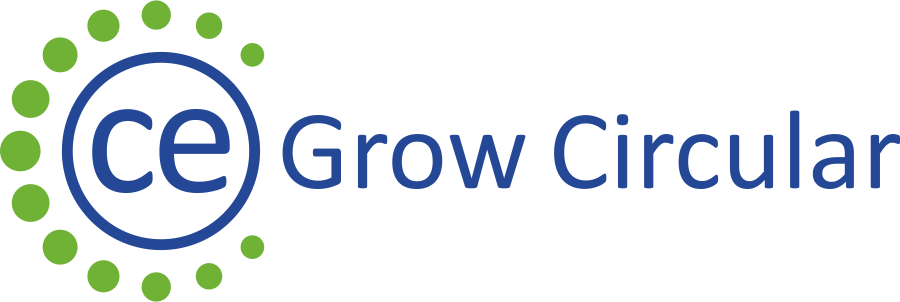There are many regulations and agreements on the European level that are aiming at the reduction of generated waste and the increase of reusing waste. The European green deal for example, provides guidelines how to reduce and how to reuse the waste. The main objectives of the green deal here are: The improvement of the waste management in general, the stimulation of new innovations in the sector as well as the limitation of the amount of waste that is disposed in landfills. Therefore, the green deal provides specific policies how to deal with all different kinds of waste like packaging material. To achieve these objectives the EU-law installed a legal frame (European Commission).
The Circular Cities Declaration has a lot of undertakings in mind when it comes to waste management (Circular Cities Declaration (2020)):
Construction and demolition waste: Especially in urban areas the waste from constructions and demolitions is enormous. Here the circular cities declaration appeals to reuse and recycle the waste of this area. The technology to recycle construction material is advanced enough to do so.
Organic material and biowaste: The amount of biowaste that is digested and composted and is used to generate biogas should be increased.
Electronics: The lost value of disposed electronic devices and the fact that most devices cannot be recycled are problems that should be tackled by the circular cities.
Packaging and plastics: The EU launched a strategy for plastic in a circular economy, which should be recognized by a circular city. The strategy includes the better design of plastic products, a higher rate and a better quality of plastic-recycling.
Textiles: The Circular Cities Declaration advice to increase the recycling and reuse of textiles as well as a bigger market for sustainable textiles.



